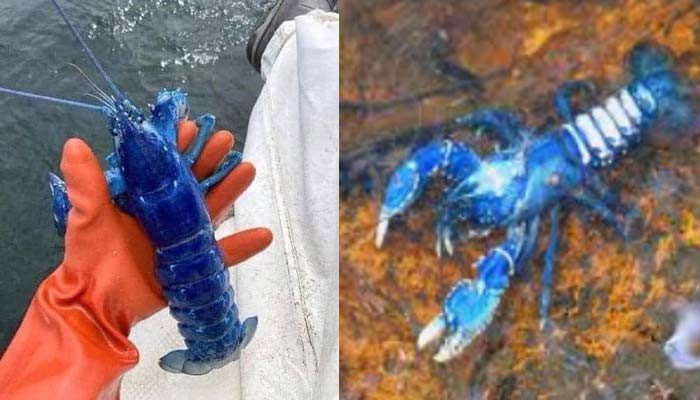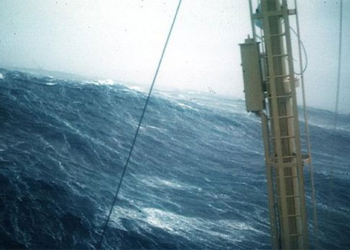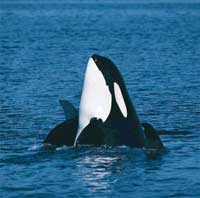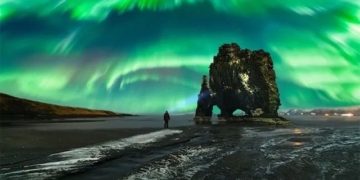American Fisherman Catches Extremely Rare Blue Lobster Off the Coast of Portland, Oregon.
Lars-Johan Larsson, an experienced fisherman with many years at sea, accidentally caught a blue lobster during a trip off the coast of Portland, Oregon, USA.
The man shared a photo on his personal Twitter account, which quickly garnered significant attention from netizens.

Extremely rare blue lobster in the wild.
Lars-Johan Larsson stated: “Today I caught a blue lobster off the coast of Portland. Blue lobsters are extremely rare in nature, about 1 in 2 million. I will release it back into its natural environment to continue growing.”
Larsson’s post went viral, attracting over 552,000 likes and nearly 47,000 shares and comments.
Typically, lobsters are brown. According to the American Chemical Society, lobsters eat foods that produce different colors. The color of lobsters is determined by astaxanthin pigment. This pigment is naturally red but turns blue or yellow when bound to certain types of proteins.
According to the University of Maine’s Sea Grant program, blue lobsters are rare in nature, occurring about 1 in 2 million. Their unusual coloration helps them camouflage on the ocean floor in rocky areas and crevices.
The blue coloration in lobsters is due to a genetic abnormality, causing them to produce a certain amount of protein, more than other lobsters.
However, when cooked, blue lobsters, like other lobsters, turn red.
Lars-Johan Larsson shared that in his many years at sea, this was the first time he had caught a blue lobster.
Netizens were amazed and impressed to see the rare blue lobster. “I wonder what makes them such an unusual blue color?”, “Is this some kind of joke?”, “This is incredible,” netizens commented.
In 2016, fisherman Keith Setter caught a blue lobster in Ladram Bay, Devon, England. Keith, who had five years of fishing experience in Ladram, had never seen a blue lobster before. He considered catching a blue lobster a stroke of luck and decided to release it back into the sea.
However, albino lobsters are the rarest, with a ratio of about 1 in 100 million in nature. Orange lobsters have a ratio of 1 in 30 million due to a lack of protein.





















































